Saudi Arabia usually has a hot and harsh climate during the summer, so that the temperature may reach 48 degrees Celsius, which makes normal cultivation at such times difficult, so it is natural for him to resort to Farmers are encouraged to use greenhouses, and the Kenana Houses Factory provides many cooling and ventilation systems in greenhouses..
Cooling and ventilation systems provided by the Kenana Homes Factory
قائمة المحتوى
Greenhouse cooling and ventilation
Temperatures between 27:22°C and humidity between 80:70% are favorable conditions for the production of most greenhouse crops.
Therefore, many cooling systems reduce temperatures to this extent, which contributes to pollination and fruit set processes.
Cooling systems
As we mentioned, the cooling and ventilation systems in greenhouses are multiple, and each type has a set of special features, and here are the most famous of those types..
Cooling System

There is what is known as the cooling system, which cools the air when it passes through the wet cooling cells, and this system consists of:
- Cooling pan.
- Cooling cells.
- Cooling pump.
- Cooling fans.
- Control Panel.
Cooling fan

It is one of the most common cooling systems in the Kingdom, as there are approximately 70% of greenhouses inside Riyadh, rely on these fans..
This is due to its lower cost and lower energy consumption compared to mechanical cooling methods.
As for the way they work, these fans draw air, and then pass it on water-saturated (felt) pillows, which contributes to lowering the temperature inside the greenhouse.
This also increases the humidity, which means that the plant is less likely to wilt.
Greenhouse ventilation systems
Factors that affect the efficiency of cooling fans
Although it is a practical and affordable method, its efficiency and effectiveness are related to a number of factors, namely:
- Type of pillows used
These pillows are usually made of some paper material, with pores or grooves that cross regularly, and made of treated cellulose, which increases its ability to absorb water.
Palm fibers can also be used to make cooling pillows.
This method has proven its effectiveness, through some research conducted by Agricultural Engineering King Saud University.
The cooling efficiency of these fibers is up to 70%, and costs less than paper pillows.
- Salt deposition on cooling pads
One of the problems that may affect the efficiency of cooling fans is the deposition of salts on them after their use, and for a period of time.
- Add water to pillows
It is important to consider exposing the entire area of the pillows to the water, and distributing it on a regular basis.
Then those wet areas are exposed to the air for as long as possible, at a depth that allows water and air to come into contact.
Also, the greenhouses in some desert areas that suffer from water scarcity, will need a large amount and high consumption of water.
If these factors are not taken into account when using cooling fans; Cushions may become clogged, damaged, or need maintenance and replacement.
Cooling cells

Among the cooling and ventilation systems in greenhouses; Cooling cells, in which sufficient cooling is provided to the greenhouse, through evaporation processes.
When air passes inside the cooling cells, a heat exchange occurs between it and the water.
Then the cool air is blown through the fan to all parts of the house, increasing the humidity and lowering the temperature inside.
Learn more about greenhouse cooling systems
Thus, we have presented months cooling and ventilation systems in greenhouses .. and there are more ways in which it is possible to reduce the temperature of these houses and increase their humidity, such as setting up ventilation holes. on its sides, and the use of side skylights, whether overhead or sliding horizontal.

 then 'Add to home screen'
then 'Add to home screen' then 'Add to home screen'
then 'Add to home screen'
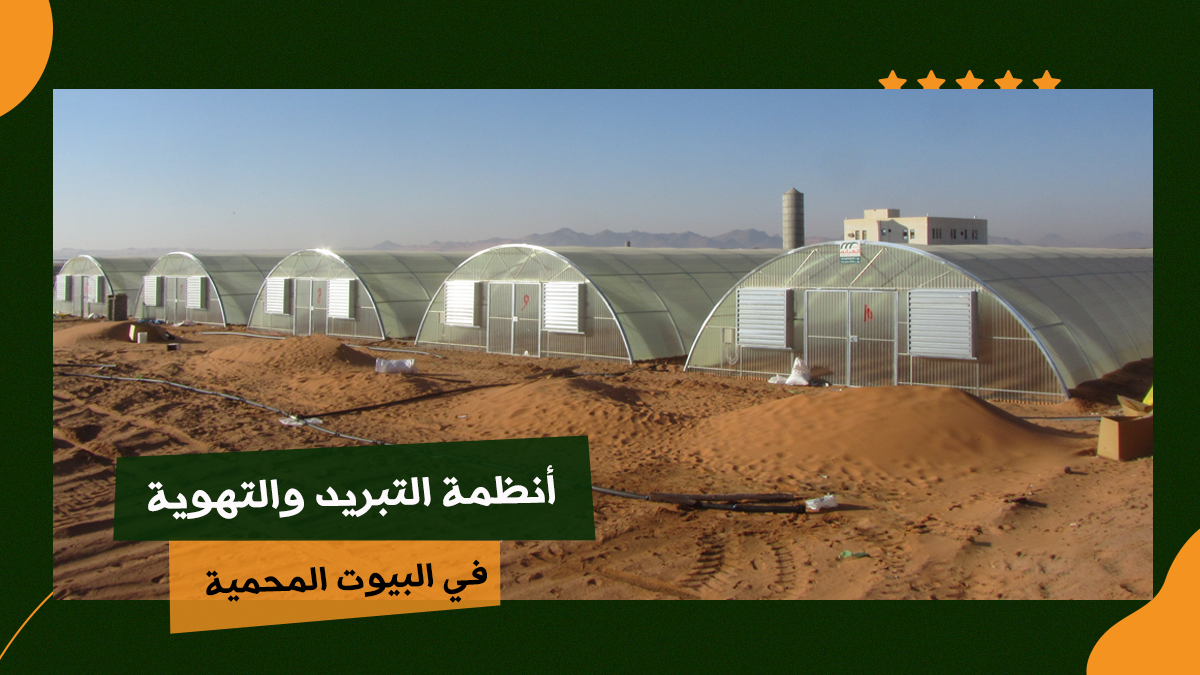

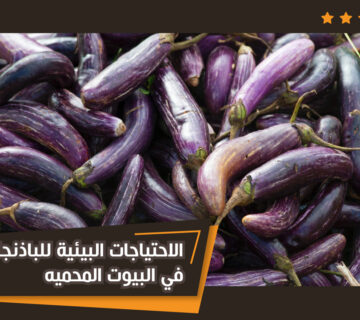
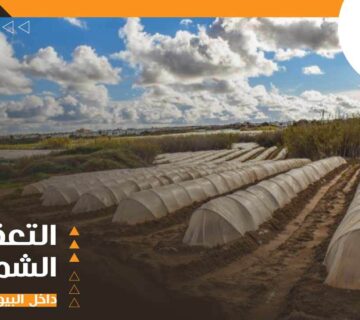
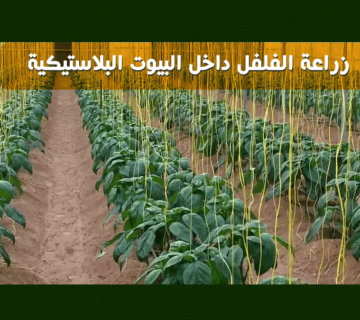
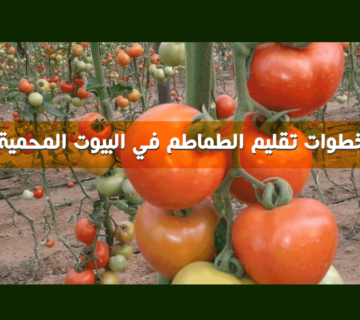
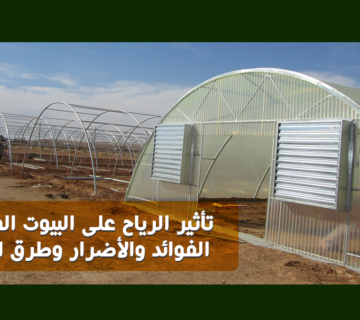
لا يوجد تعليقات